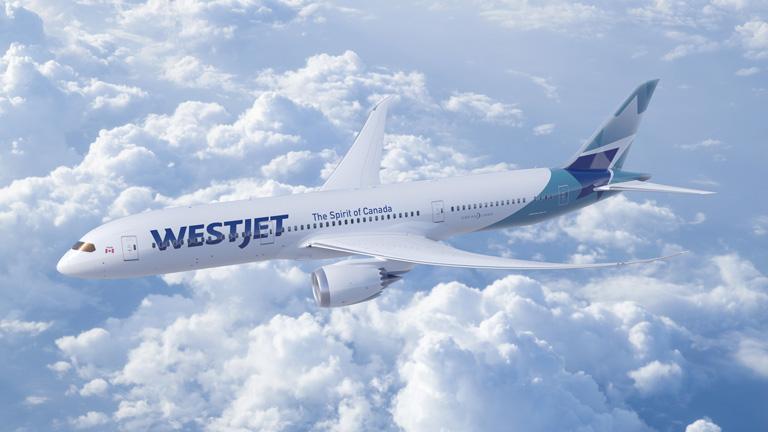WestJet Pilot Contract Approved, Swoop To Be Absorbed Into Mainline

Credit: WestJet
A new contract approved by WestJet Group pilots folds ultra-low-cost carrier (ULCC) subsidiary Swoop into mainline operations. WestJet mainline and Swoop operate Boeing 737 narrowbodies, and during a recent interview with Aviation Daily, WestJet CEO Alexis von Hoensbroech explained that...
Subscription Required
This content requires a subscription to one of the Aviation Week Intelligence Network (AWIN) bundles.
Schedule a demo today to find out how you can access this content and similar content related to your area of the global aviation industry.
Already an AWIN subscriber? Login
Did you know? Aviation Week has won top honors multiple times in the Jesse H. Neal National Business Journalism Awards, the business-to-business media equivalent of the Pulitzer Prizes.






